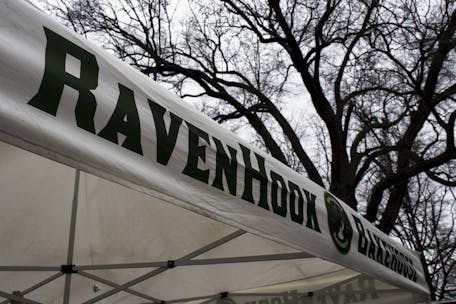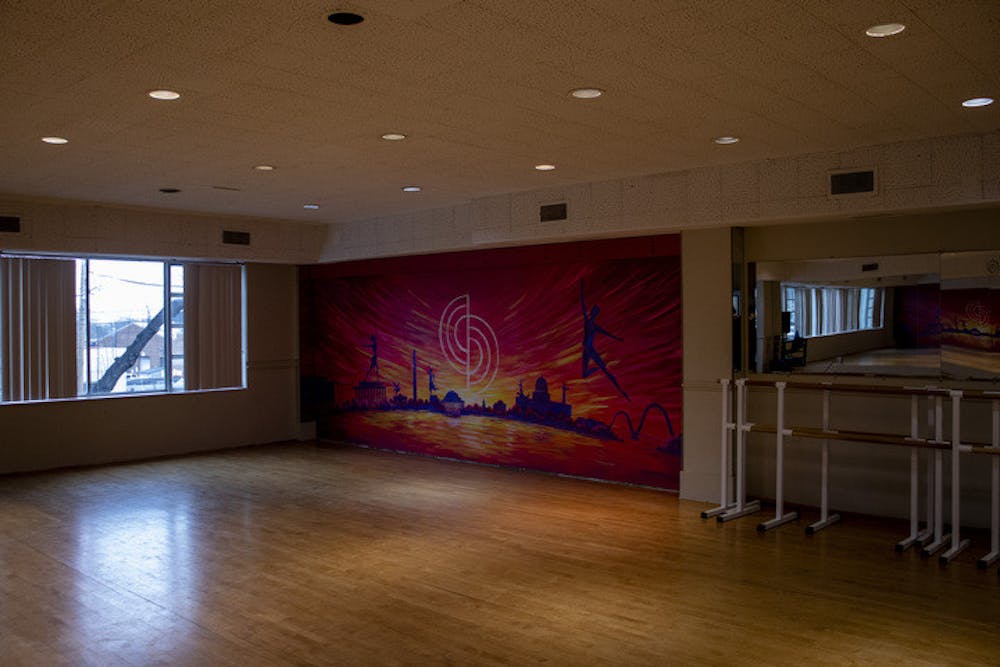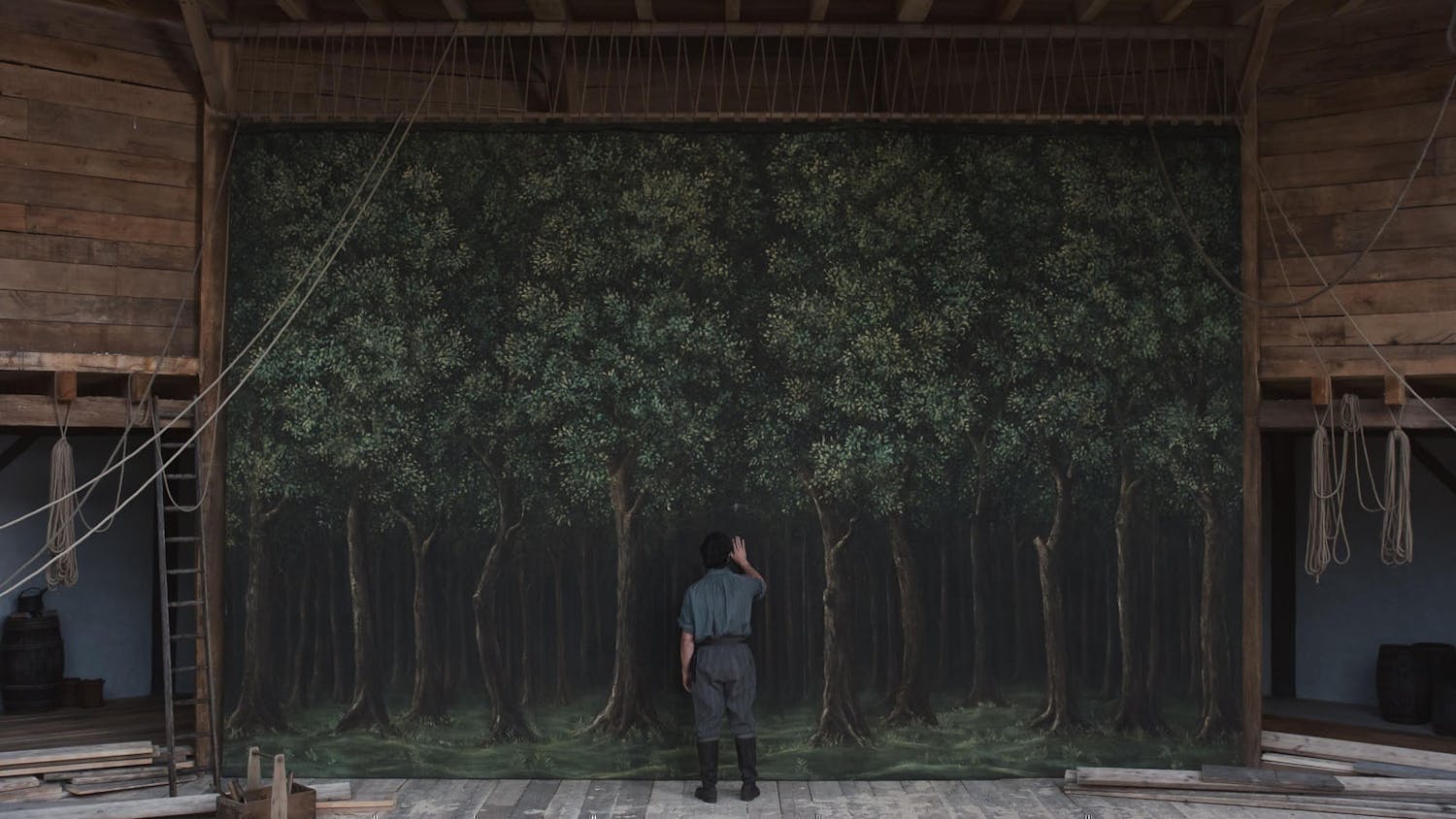From the Newsstands: This story appeared in The Eagle's December 2024 print edition. You can find the digital version here.
Small businesses took an especially hard hit five years ago during the coronavirus pandemic compared to larger companies, as they were less likely to have the resources to survive the losses during the shutdown.
Looking back on the past five years, small businesses in Northwest D.C. have adapted in countless ways.
“It’s kind of interesting. Our business grew during the pandemic because I was able to get ingredients from my suppliers,” said Chris Girardot, owner of RavenHook Bakehouse, a D.C. farmers’ market-based bakery. “It was hard, and we paid a lot more for the ingredients at the time, but a lot of places weren’t able to get anything.”

RavenHook Bakehouse sells products at numerous D.C. farmers’ markets, such as the Dupont Circle Market organized under the non-profit market organization FRESHFARM.
“FRESHFARM, to their credit, petitioned the city and were able to get farmers’ markets to be designated as central food hubs — so essential workers,” Girardot said.
In 2020, RavenHook Bakehouse added a delivery service to its business model, not only accommodating social distancing protocols but also increasing business. The bakery received a grant from the city to start a “local delivery service only for Washington, D.C.,” delivering freshly baked goods through Near Delivery — which will deliver anywhere in the city for only $5 — and frozen, ready-to-bake goods through Uber Eats.
Other businesses, such as CityDance Studios, didn’t have as many options at the beginning of the lockdown. CityDance spent the first year and a half serving its clients on Zoom, leaving no opportunity for a sense of normalcy. They eventually returned at a limited capacity with a hybrid setup. Hybrid options allowed businesses to serve more customers while maintaining social distancing protocols.
“We actually grew as we moved from Tenleytown to Friendship Heights in 2021,” said Ivy Chow, executive director of CityDance Studios.
COVID-19 created a domino effect for other issues that small businesses are reeling from today, such as inflation. For RavenHook, inflation after the pandemic exponentially increased overhead costs such as rent and ingredients.
Trying to stay true to his philosophy of quality breads at a reasonable price, Girardot contemplated adjusting prices.
“It was really tough. I thought we were going to lose the business, and we struggled to pay our bills,” Girardot said. “Thankfully, I have a good relationship with all my vendors and landlords who let us flake for a little while, but it was very stressful.”
Chow wants the local community to “continue taking classes and finding that joy of dance, as dance is for all,” emphasizing the necessity of community engagement to support local businesses.
This article was edited by Abigail Hatting, Tyler Davis and Abigail Turner. Copy editing done by Emma Brown, Sabine Kanter-Huchting, Nicole Kariuki, Ella Rousseau, Ariana Kavoossi, Hannah Langenfeld,Charlie Mennuti and Jaden Anderson. Fact Checking done by Luna Jinks, Olivia Citarella and Tatiana Pruss.





